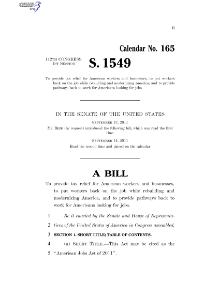You can post this after what Bush left behind?
THAT was a TRUE disaster. We were literally hours from abject collapse.
If you're going to blame Obama, you'll also need to blame W.
.
You don't need to blame Bush for Obama's failures.
That being said, you do need to blame him for his own failures. But do note, Clinton's policies were very responsible for the housing collapse as well.
You just said Obama can't blame Bush for what happened during his term and in the very next breath blame Clinton for Bush's housing collapse
Learn to read... I said for his FAILURES, not for everything that happened under his watch.
Obama inherited the Bush economy and two wars
You can't absolve Bush's culpability just because he dumped his FAILURES on someone else
Oh the irony of that post from a far left drone!





